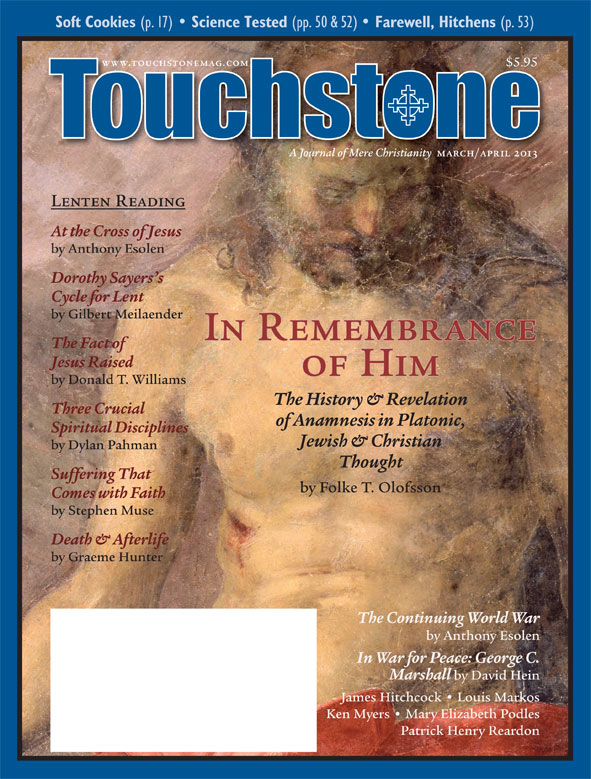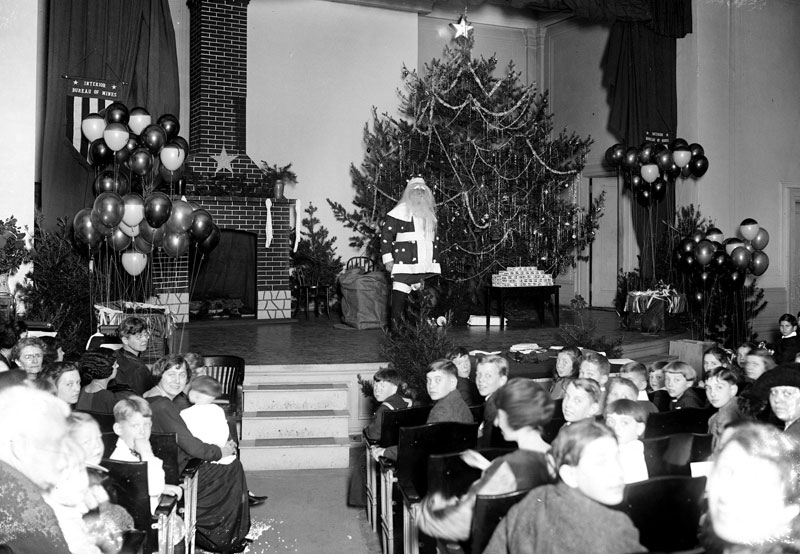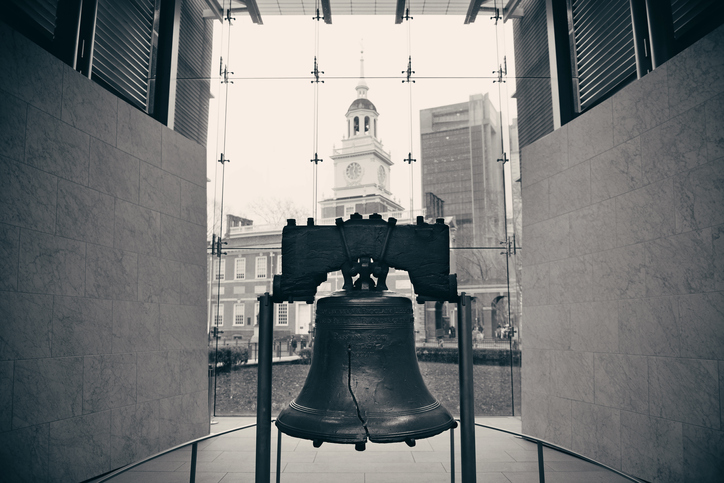Editorial
The New Heretics
Believers Are No Longer Credible as Public Citizens
by James Hitchcock
The most astonishing fact about contemporary American politics—that there is not a single Protestant on the Supreme Court, while there are six Catholics—goes largely unremarked, even though on the surface it seems to fulfill the most dire predictions made at the time of John F. Kennedy's ascendancy in 1960. On the other side, the fact that no Catholic since Kennedy has occupied the White House also attracts little notice.
The atmosphere that surrounded Kennedy's election is today almost unimaginable, and the few sparks struck off Mitt Romney's Mormonism in 2012 failed to ignite. There is a good deal of suspicion of, and hostility to, Islam, but such hostility remains socially disapproved.
Ironically, however, in this age of ostensible good feeling, religious animosities are now more intense than they have been for a long time, a fact that is not fully understood because of the deliberately ambiguous use of the term "religion."
The membership of the Supreme Court illumines this. Those who opposed the nomination of the Catholic Samuel Alito did not oppose the Catholic Sonia Sotomayor, and vice versa. Going back more than seventy years, those who saw Southern Baptists largely through the eyes of H. L. Mencken nonetheless rallied behind Hugo Black and Wiley Rutledge. The explanation seems obvious: political ideology trumps religion. There are Catholics and then there are Catholics; there are Southern Baptists and then there are Southern Baptists.
The Religion of Liberalism
But this explanation falls short, because it fails to understand that in reality there are now two fiercely contending religions in America, which are—trite though the phrase may be—engaged in a fundamental battle for the American soul. Sotomayor is not seen as a Catholic except incidentally, and, although the issues were much less clear around 1940, Black and Rutledge were not seen as Baptists. In each case the nominee to the Court was recognized as really an adherent of another, unnamed religion.
One of the two competing contemporary religions encompasses perhaps most Orthodox Jews, orthodox Christians, and (in theory) devout Muslims. It acknowledges divine authority in the affairs of men, the need to conform the human will to the divine law.
On the other side, liberalism is now not merely a political philosophy compatible with many kinds of religion but has itself become a religion. Although the social sciences have long defined religion in very broad terms, it is expedient for liberals that their movement not be seen as a religion, since it thereby escapes the accusations of dogmatism and intolerance that are routinely made against conventional religions.

Liberalism is a religion because, for liberals, ultimate meaning lies in a commitment both to the ever-expanding welfare state, which is the fulfillment of the ideal of justice, and to the continuing liberation of individuals from all binding authority, which is the key to personal happiness.
James Hitchcock is Professor emeritus of History at St. Louis University in St. Louis. He and his late wife Helen have four daughters. His most recent book is the two-volume work, The Supreme Court and Religion in American Life (Princeton University Press, 2004). He is a senior editor of Touchstone.
subscription options
Order
Print/Online Subscription

Get six issues (one year) of Touchstone PLUS full online access including pdf downloads for only $39.95. That's only $3.34 per month!
Order
Online Only
Subscription

Get a one-year full-access subscription to the Touchstone online archives for only $19.95. That's only $1.66 per month!
bulk subscriptions
Order Touchstone subscriptions in bulk and save $10 per sub! Each subscription includes 6 issues of Touchstone plus full online access to touchstonemag.com—including archives, videos, and pdf downloads of recent issues for only $29.95 each! Great for churches or study groups.
Transactions will be processed on a secure server.
more from the online archives
calling all readers
Please Donate
"There are magazines worth reading but few worth saving . . . Touchstone is just such a magazine."
—Alice von Hildebrand
"Here we do not concede one square millimeter of territory to falsehood, folly, contemporary sentimentality, or fashion. We speak the truth, and let God be our judge. . . . Touchstone is the one committedly Christian conservative journal."
—Anthony Esolen, Touchstone senior editor









